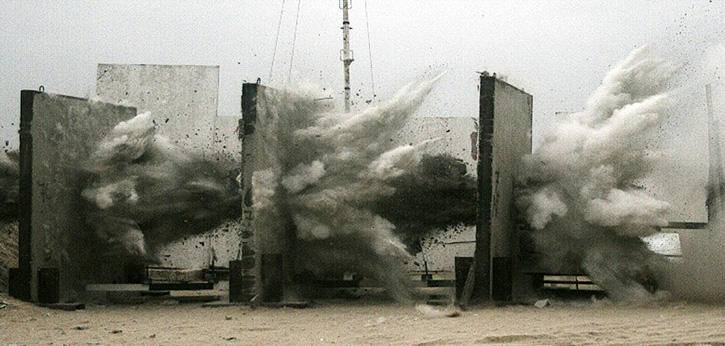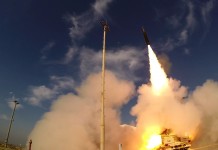
The Long Way to Privatisation
(Back to part I) The privatization of IMI culminates a long preparation process carried out by the company, directed by Chairman Maj. Gen. (Ret) Udi Adam and President Avi Felder, both have navigated the privatization process in full coordination and full accord with the relevant government departments, including the Ministry of Finance and the Ministry of Defense, IMI Labor Union representatives and Israel’s labor federation ‘Histadrut’. The process was launched after approval by the Israeli government and Knesset (Israeli parliament) finance committee.
According to the Privatization Resolution approved by the government, IMI will be privatized in a single block except for one classified unit, which includes interests and infrastructures, which will remain with the State of Israel and will be managed by a government owned corporation “Tomer-Systems”. In addition, the resolution states that in the commencement of 2022 IMI will operate from its site in Ramat Beka, in the Negev, and will vacate lands from areas from which it presently operates in the central districts of the country.
The examination process of the GCA and the Director of Security of the Defense establishment (“Malmab”) will look at the financial capabilities and appropriate security authorizations to purchase a defense company.
Within the framework screening participants, the State of Israel’s representatives will consider and take into account the applicant’s standing in an entirety of criteria, among them:
- Economic strength and economic and administrative ability to purchase and hold the State of Israel’s shares in a defense company, and to operate it as an ongoing concern;
- Honesty and integrity of the applicant and of its interested parties;
- The lack of conflict of interests between the applicant’s business affairs and those of the State of Israel or the company’s or the purchase of its stocks;
While the process is restricted to Israeli citizens and locally registered corporations, the indirect participation of foreign individuals or corporations will be permitted as stockholders, holding up to 90% in an Israeli corporation bidding on IMI.
New engines to drive future growth
“As of the beginning of 2016, IMI is set to operate as a leading defense company with a private ownership.” IMI’s Chairman Gen. (Ret.) Udi Adam said. “IMI Systems will continue to operate as a business oriented defense company, with a private ownership which will focus on the core business areas of operation, in which it has a technological leading edge adapted to a dynamic and changing market.”
Those core business have recently been sharpened to include three main ‘growth engines’, including precision fires, combat mobility and protection (armor and survivability). In some of these areas IMI has already established a prominent position as a prime contractor and system integrator. According to company officials, over 80 percent of IMI’s current portfolio and sales are products developed in the past five years, including rockets, precision weapons and protection systems.
“IMI as a private company will continue to lead the core business activities in which it focuses on and the development and manufacturing of combat advanced solutions. In the past few years the company has geared up to its privatization by implementing essential means and practices, among them the adjustment of combat systems and the widening of target markets, as groundwork to IMI’s becoming a company operating under business parameters in a competitive market.” Adam added.
Vital State Interest
As a major arms manufacturer and a sole supplier of a number of ammunition types for the IDF, the Israeli government expressed its interest in IMI under the “Vital State Interest Order”, which requires the company to maintain its manufacturing base for certain assets. This demand also requires IMI to continue operating as an Israeli company and maintain its business and management in country. This requirement will also maintain its employees’ security classification levels. In addition, within the framework of the privatization, it puts limitations on the holding, purchasing and gaining of control of the company.










